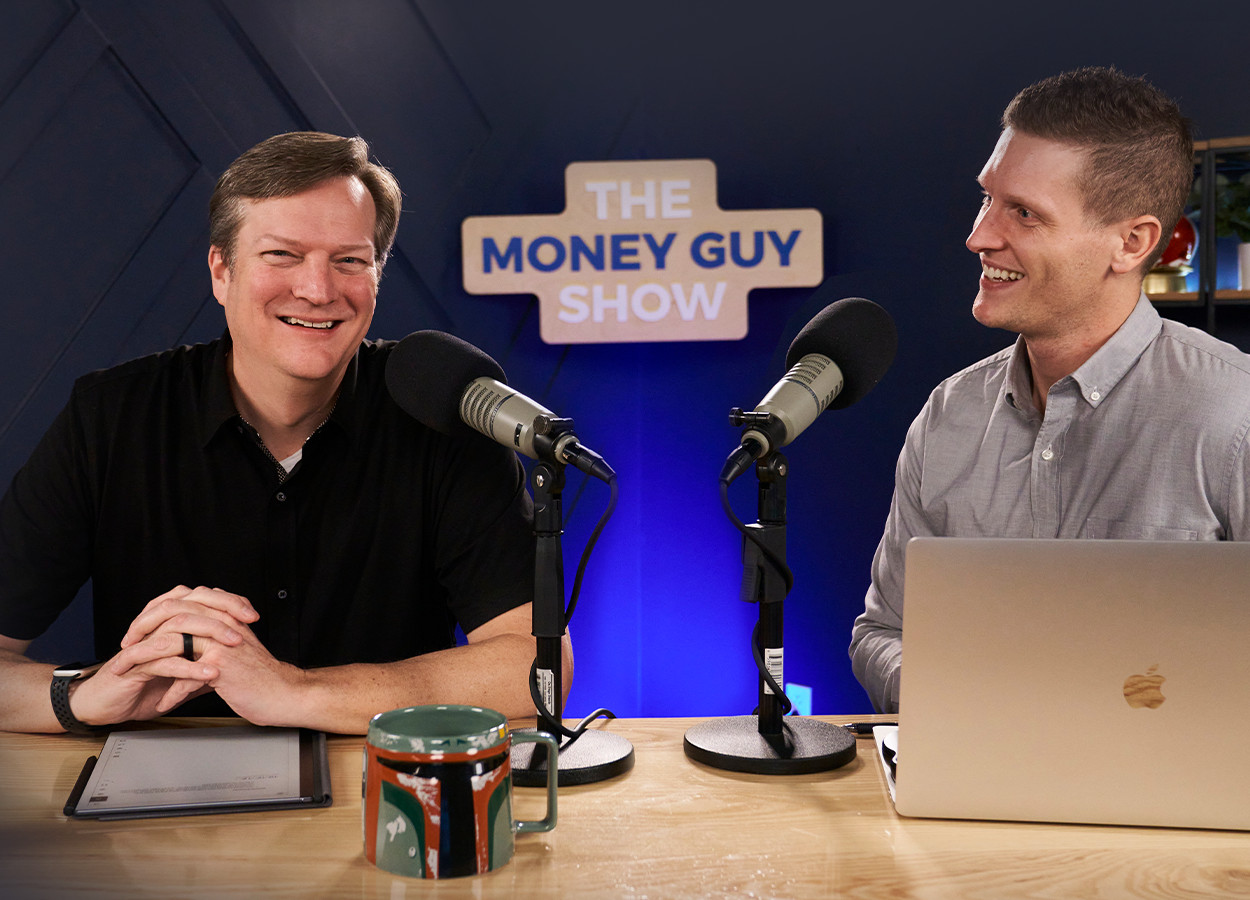
Change your life by
managing your money better.
Subscribe to our free weekly newsletter by entering your email address below.

Subscribe to our free weekly newsletter by entering your email address below.

It’s time to put the personal in personal finance. We want everyone to have access to the simple, but powerful ideas that changed our lives. That’s why we generously share our knowledge every week on the show — and beyond!

This is where the magic happens.
Watch or listen every week to learn and apply financial strategies to grow your wealth and live your best life.

Do a deep dive.
Find answers to your financial questions and more niche money topics.

Yes, we said free!
Learn proven tactics to hit your financial goals faster with our library of downloadable resources.

Financial Order of Operations®: Maximize Your Army of Dollar Bills!
Here are the 9 steps you’ve been waiting for Building wealth is simple when you know what to do and…
View Resource
How Much Car Can You Afford?

Check for blindspots and shift into the financial fast-lane.
Join a community of like minded Financial Mutants as we accelerate our wealth building process and have fun while doing it.
Subscribe to our free weekly newsletter by entering your email address below.